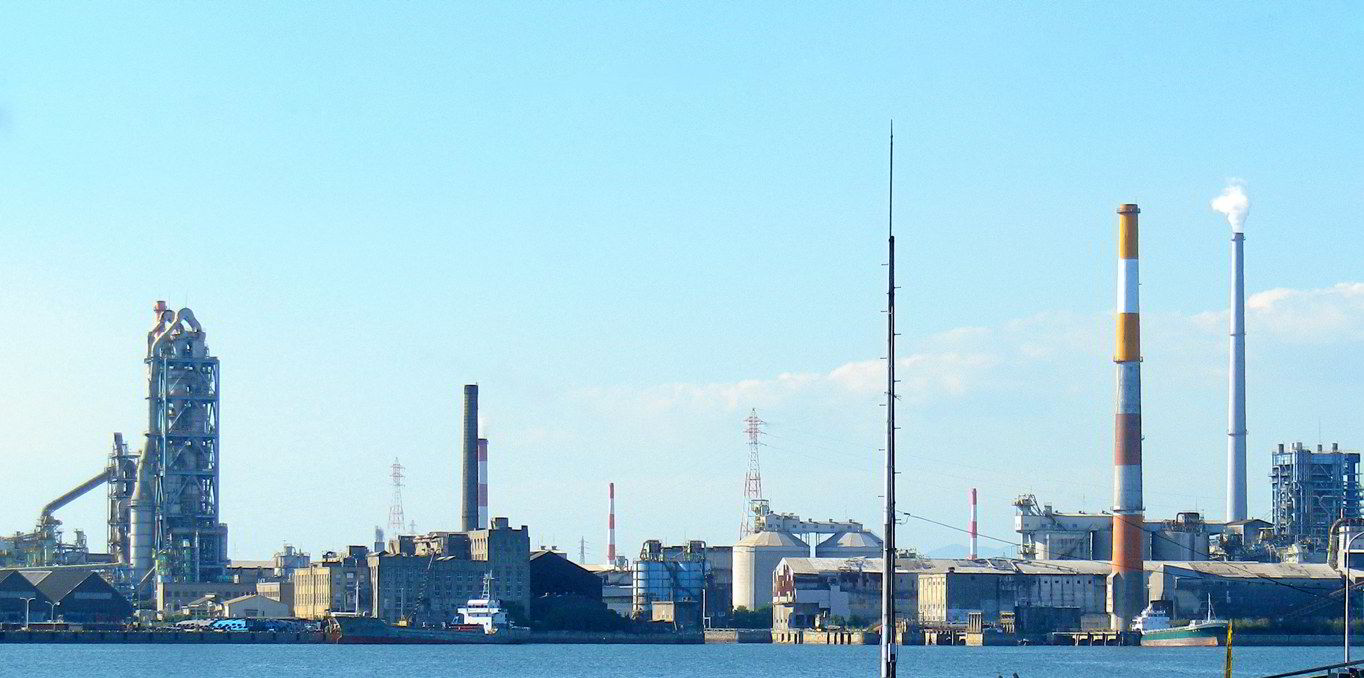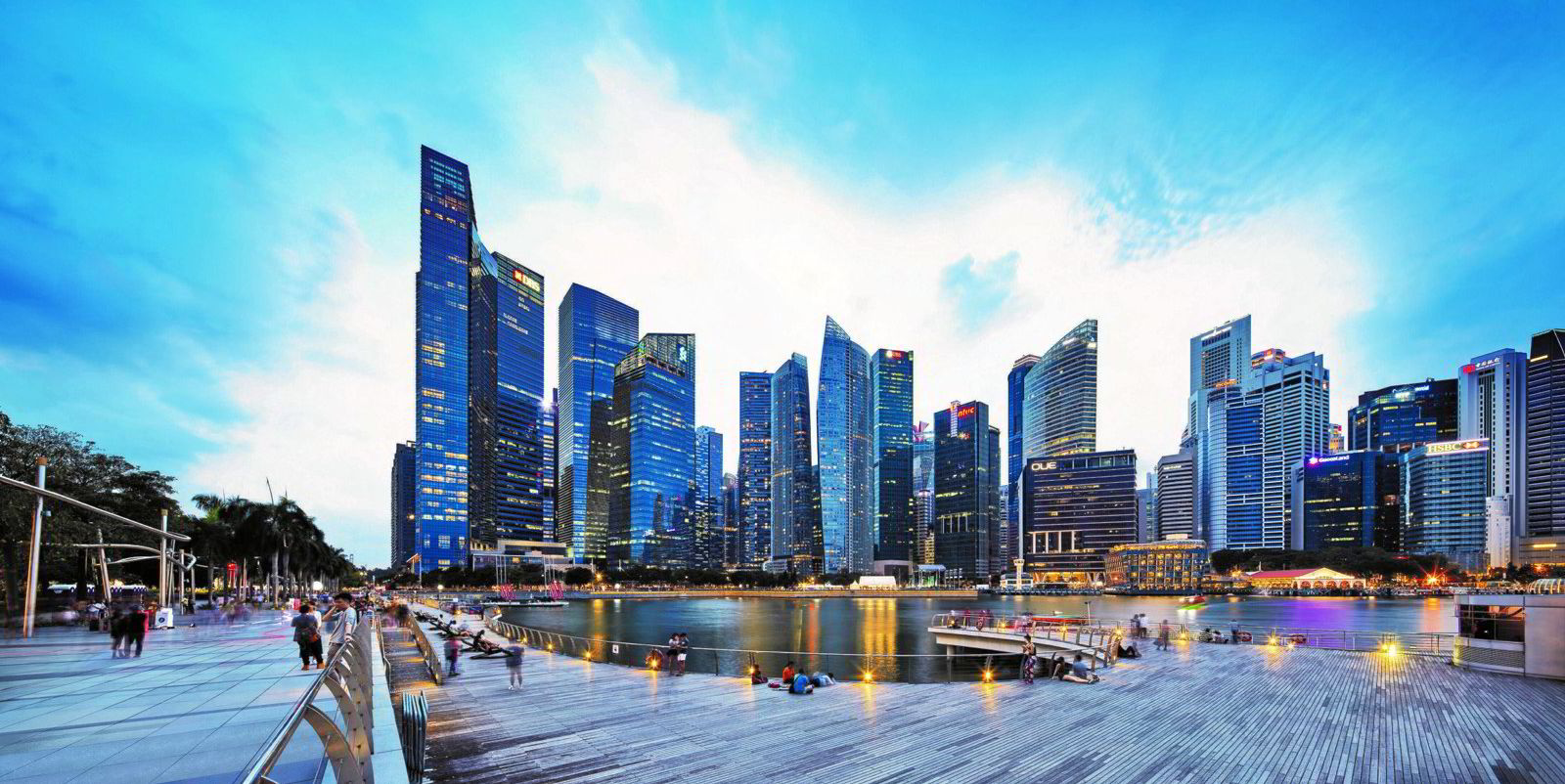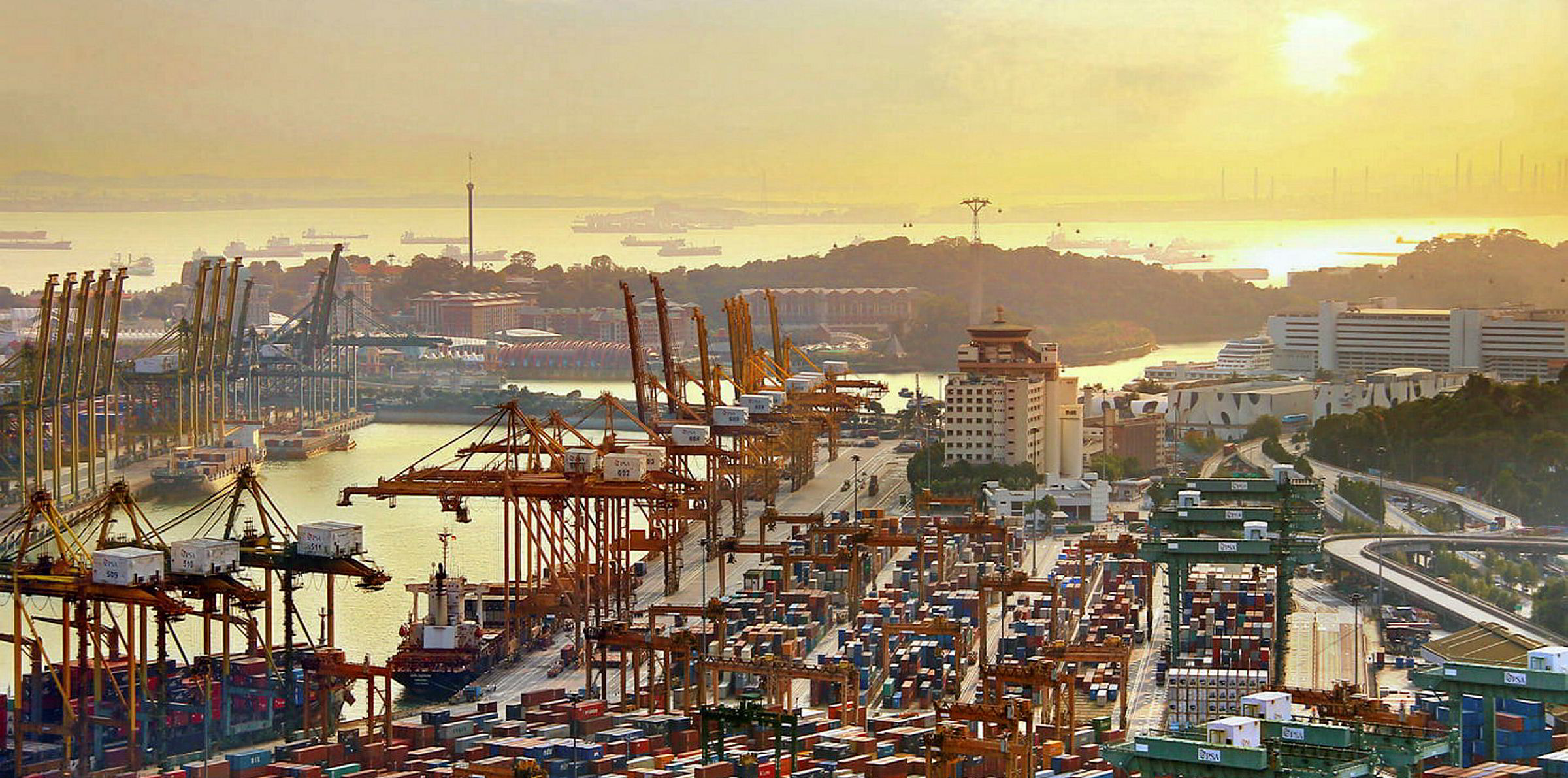A group of Japanese firms led by Itochu have announced they will jointly develop ammonia bunkering infrastructure in their home country.
Itochu, a trading house, is one of the major supporters for Tokyo’s goal in growing annual domestic ammonia fuel consumption in shipping and other sectors to 3m tonnes by 2030 in order to combat climate change.
In a web statement published on Friday, Itochu said it will supply ammonia as marine fuel and develop bunkering sites in Japan with fuel-trading subsidiary Itochu Enex, Ube Industries, and Uyeno Transtech.
“To achieve the development of ships that use ammonia as their main fuel, the stable supply of marine ammonia fuel and the development of supply sites are essential elements,” the statement said.
Ube Industries, which produces ammonia from petroleum coke, will undertake research on supplying ammonia as a marine fuel and develop onshore facilities for the project.
Separately, Uyeno Transtech will study ammonia bunkering vessels and safety standards for refuelling.
The shipowner is a major player in the Japanese coastal trade and has been involved in LNG bunkering.
Itochu said it would develop marine ammonia fuel supply sites, bunkering vessels and ammonia-fuelled ships, and seek to integrate this project with its existing studies.
“Leveraging its network of industries and companies, Itochu will take the initiative in forming partnerships with domestic and overseas parties including shippers, shipping companies and ammonia-related businesses,” the company said.
Last year, Itochu agreed to jointly develop ammonia-fuelled vessels with ClassNK, Imabari Shipbuilding, MAN Energy Solutions, Mitsui E&S Machinery and Itochu Enex.
The company aims to eventually own and operate those ships powered by the low-carbon fuel.
Separately, Itochu has teamed up with terminal operator Vopak to study the potential use of ammonia as a marine fuel in Singapore, the world’s largest bunkering hub.
International developments
A growing number of shipping players have thrown their weight behind ammonia as a future fuel amid increasing pressure on the industry to reduce greenhouse emissions.
The International Maritime Organization has aimed to cut carbon emissions from shipping in half by 2050, compared to 2008 levels. The consensus is that new, low-carbon fuels such as ammonia are required to reach this goal.
But studies have shown only ammonia produced from renewable energy can actually reduce carbon emissions during the well-to-wake process.
In a separate project, Keppel Corp and AP Moller-Maersk teamed up to research on supplying such green ammonia via ship-to-ship bunkering in Singapore.
Fleet Management, Maersk Mc-Kinney Moller Center for Zero Carbon Shipping, Sumitomo Corp and Yara International are also involved in this study.






